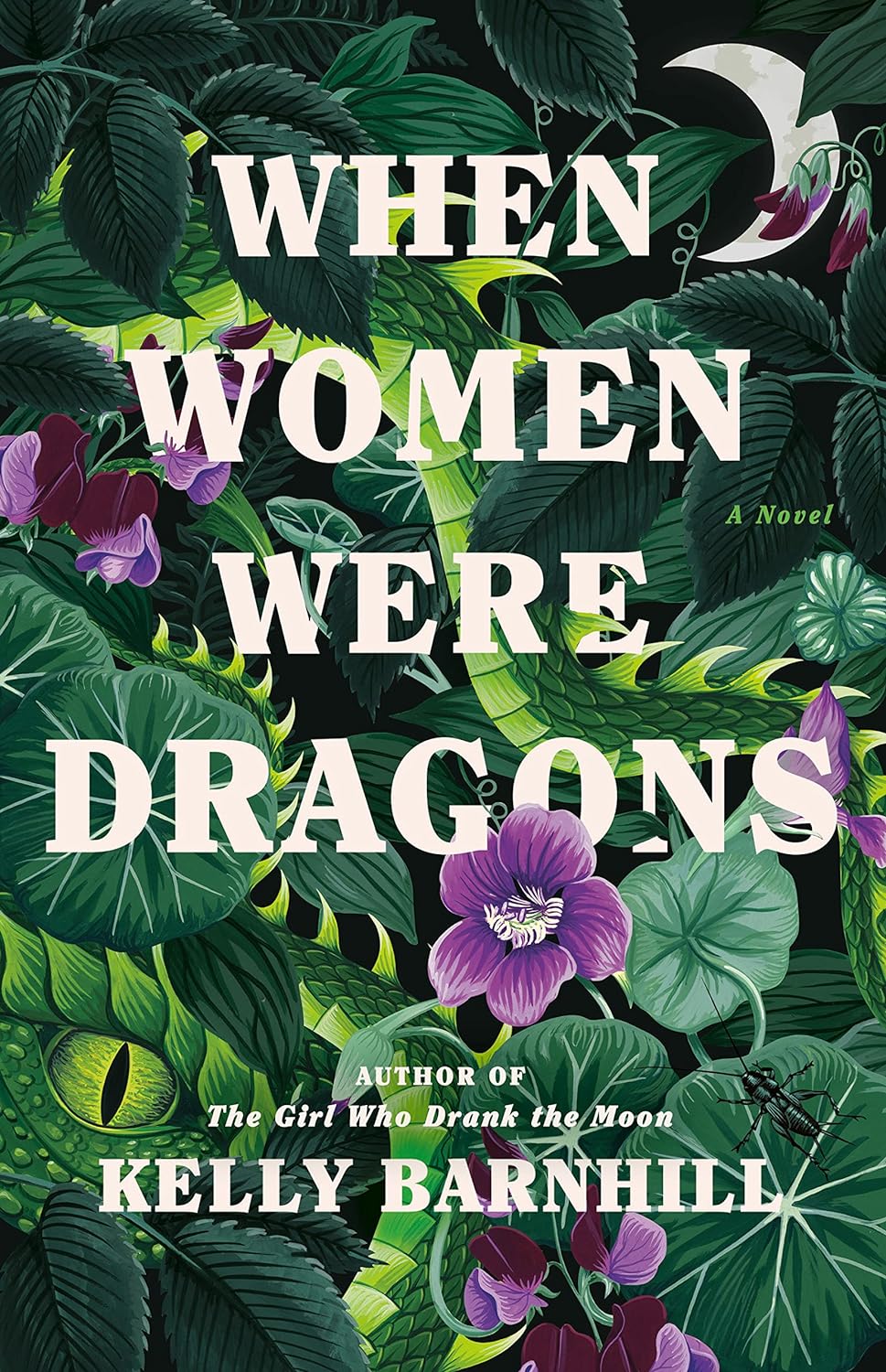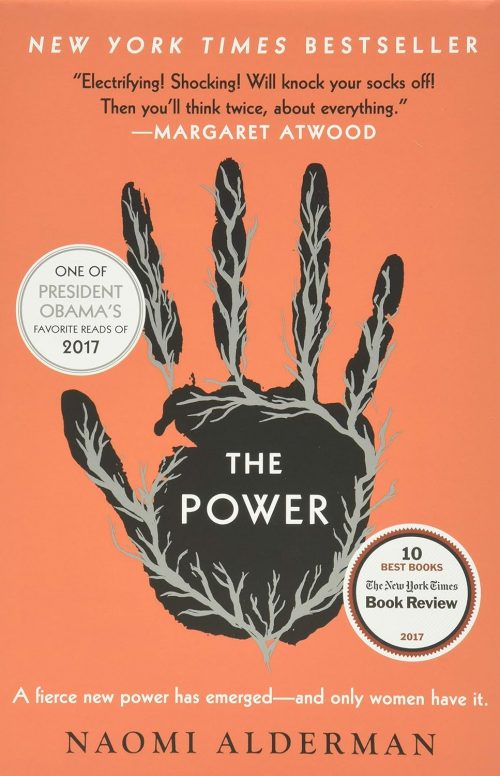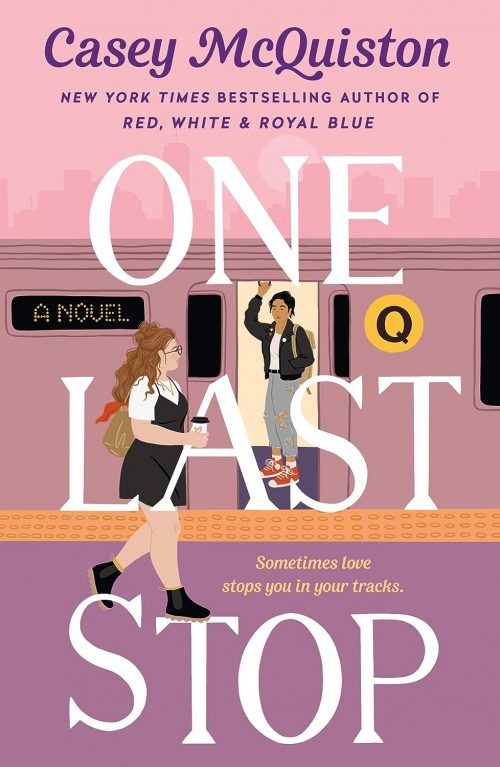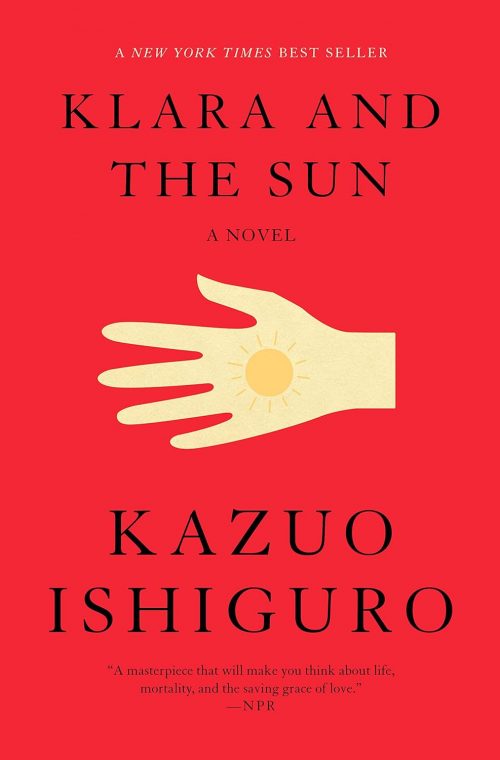When Women Were Dragons
Kelly Barnhill, acclaimed for her enchanting narratives in children’s literature, ventures into adult fiction with “When Women Were Dragons.” Here she melds a familiar historical zeitgeist with a fantastical twist, creating a richly layered speculative tale that examines the explosive intersection of personal transformation and societal expectations.
Set against the backdrop of 1950s America, a period renowned for its rigid gender roles and domestic idealization, Barnhill presents a provocative anomaly: the Mass Dragoning of 1955. This event saw hundreds of thousands of women metamorphose into dragons and mysteriously depart, leaving destruction and bewilderment in their wake. Through the eyes of young Alex Green, readers explore the deeply personal and societal repercussions of this phenomenon.
Alex’s narrative is one filled with secrecy and inquiry. The draconian transformation of her Aunt Marla and its taboo nature within her family echo larger themes of suppression and the erasure of women’s power throughout history. Barnhill deftly captures the tension between the silence imposed by society and the roaring need for self-expression and freedom that simmers beneath.
The novel shines in its ability to balance the mythological with the mundane aspects of Alex’s life—addressing her relationship with her overprotective mother, her distant father, and her cousin Bea, whose dangerous fascination with the forbidden dragons threatens to upend her life. Through these relationships, Barnhill crafts a compelling dialogue about the chains that bind female potential and the latent power waiting to be unleashed.
Barnhill’s prose is lyrical and evocative, weaving a narrative that is as bewitching as it is thought-provoking. The fantastical elements serve as a bold metaphor for feminist rage and empowerment, asking poignant questions about memory, autonomy, and resistance. The dragons, while fantastical, are emblematic of a deeper struggle for space and acknowledgment in a world that consistently seeks to diminish women’s roles and stories.
However, while the allegory is potent, at times the metaphorical framework can feel overly explicit, possibly narrowing the otherwise universal appeal of the narrative. Some readers might seek more nuance in the fantastical elements, which occasionally overshadow the novel’s historical and emotional authenticity.
“When Women Were Dragons” not only marks Kelly Barnhill’s successful foray into adult literature but also asserts itself as a significant speculative work that resonates with contemporary social movements. It is a clear call to recognize and value the transformative power of women’s voices and experiences, making it a poignant read for those intrigued by the convergence of feminist discourse and speculative storytelling.
In conclusion, “When Women Were Dragons” is a bold, imaginative, and resonant novel that challenges the confines imposed on women, using the motif of dragons to compellingly symbolize a fight for freedom and recognition. It is a significant addition to the speculative genre, offering both a captivating tale and a powerful commentary on gender dynamics.









Reviews
There are no reviews yet.